Search
Search Results
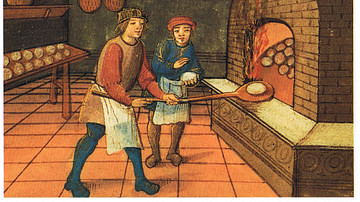
Definition
Medieval Trades
Medieval trades were essential to the daily welfare of the community and those who learned a skill through apprenticeship could make a higher and more regular income than farmers or soldiers. Professionals like millers, blacksmiths, masons...
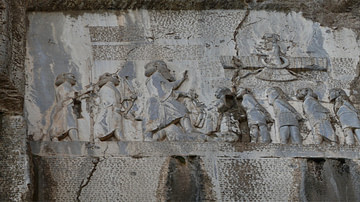
Definition
Behistun Inscription
The Behistun Inscription is a relief with accompanying text carved 330 feet (100 meters) up a cliff in Kermanshah Province, Western Iran. The work tells the story of the victory of the Persian king Darius I (the Great, r. 522-486 BCE) over...
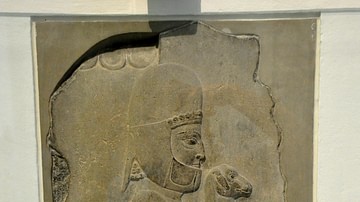
Definition
Medes
The Medes or Medians were a group of Indo-Iranian-speaking people from central Asia who migrated westwards and entered northern Iran around the end of the 2nd millennium BCE. They settled in the highlands of Zagros (Zagreus in Greek) and...
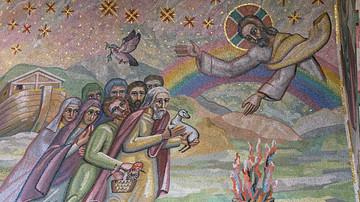
Definition
Noah
Noah is considered one of the patriarchs in the Jewish Scriptures or one of the founding fathers of what became the religion of Judaism. His story begins in Genesis 6 and consists of three elements: the evil of the earth; the flood narrative...
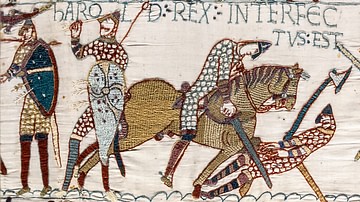
Definition
Bayeux Tapestry
The Bayeux Tapestry shows in pictures the events leading up to the Norman conquest of England by William the Conqueror, Duke of Normandy, and his 1066 defeat of King Harold Godwinson at the Battle of Hastings. It was produced between 1067...

Article
Mark Antony's Parthian Campaign
In 36 BCE, Mark Antony (83-30 BCE) invaded Parthia, hoping to render himself one of the great conquerors of the Greco-Roman world, but he was stymied by Parthian forces and obliged to undertake an arduous, costly retreat. What to make of...
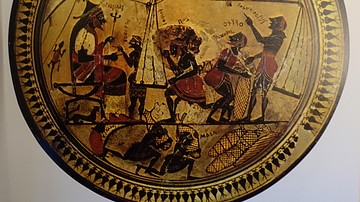
Article
Theophrastus and Pliny the Elder on Silphium
The silphium plant of Cyrene, valued as a seasoning, aromatic, and for its medicinal properties, is referenced by several notable ancient writers, but two of the best-known descriptions come from Theophrastus (l. c. 371 to c. 287 BCE) and...
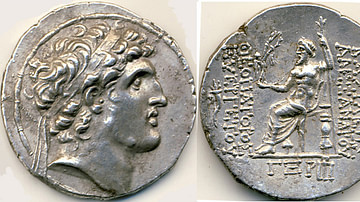
Article
Alexandros I Balas
Alexandros I Balas was a Seleucid king from 152 BC to 145 BCE. As the Seleucid king Demetrius I Soter (162-150 BCE) became more and more unpopular due to his arrogance and drunkenness, it was quite an easy task for the rival kingdoms, such...
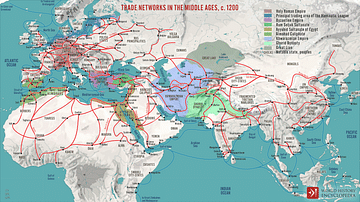
Article
Global Trade in the 13th Century
In the 13th century, astonishing quantities of spices and silk passed from the Far East to Europe. Exact amounts are not known, but spice popularity in both cuisine and medicine reached its historical peak during the Middle Ages in Europe...
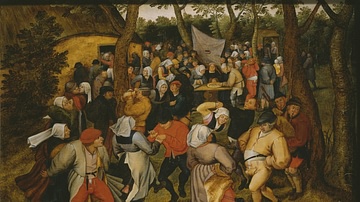
Article
Holidays in the Elizabethan Era
During the Elizabethan Era (1558-1603 CE), people of all classes greatly looked forward to the many holidays and festivals on offer throughout the year. The vast majority of public holidays were also religious commemorations, and attendance...